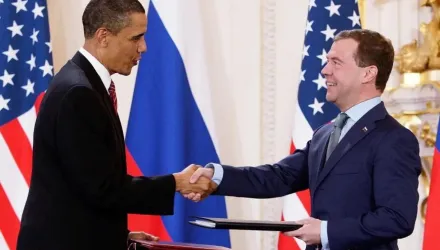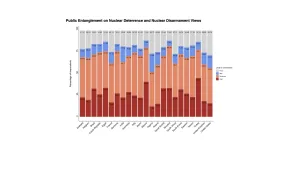Many scholars and political figures have cited the decline in American public opinion support for the dropping of the atomic bombs in 1945 as evidence that there is a widespread "nuclear taboo" or "noncombatant immunity norm." New survey experiments, however, demonstrate that a large majority of the U.S. public approves of the use of nuclear weapons today against Iran today in conditions that resemble the strategic situation the U.S. faced in 1945. These findings highlight the limited extent to which the U.S. public has accepted the principles of just war doctrine and suggest that the public is unlikely to be a serious constraint on any president contemplating the use of nuclear weapons in the crucible of war.




